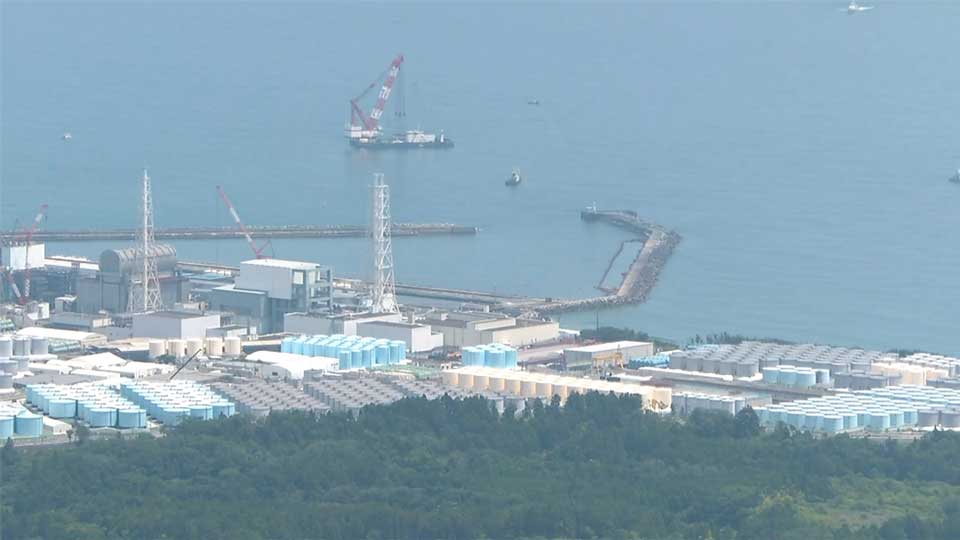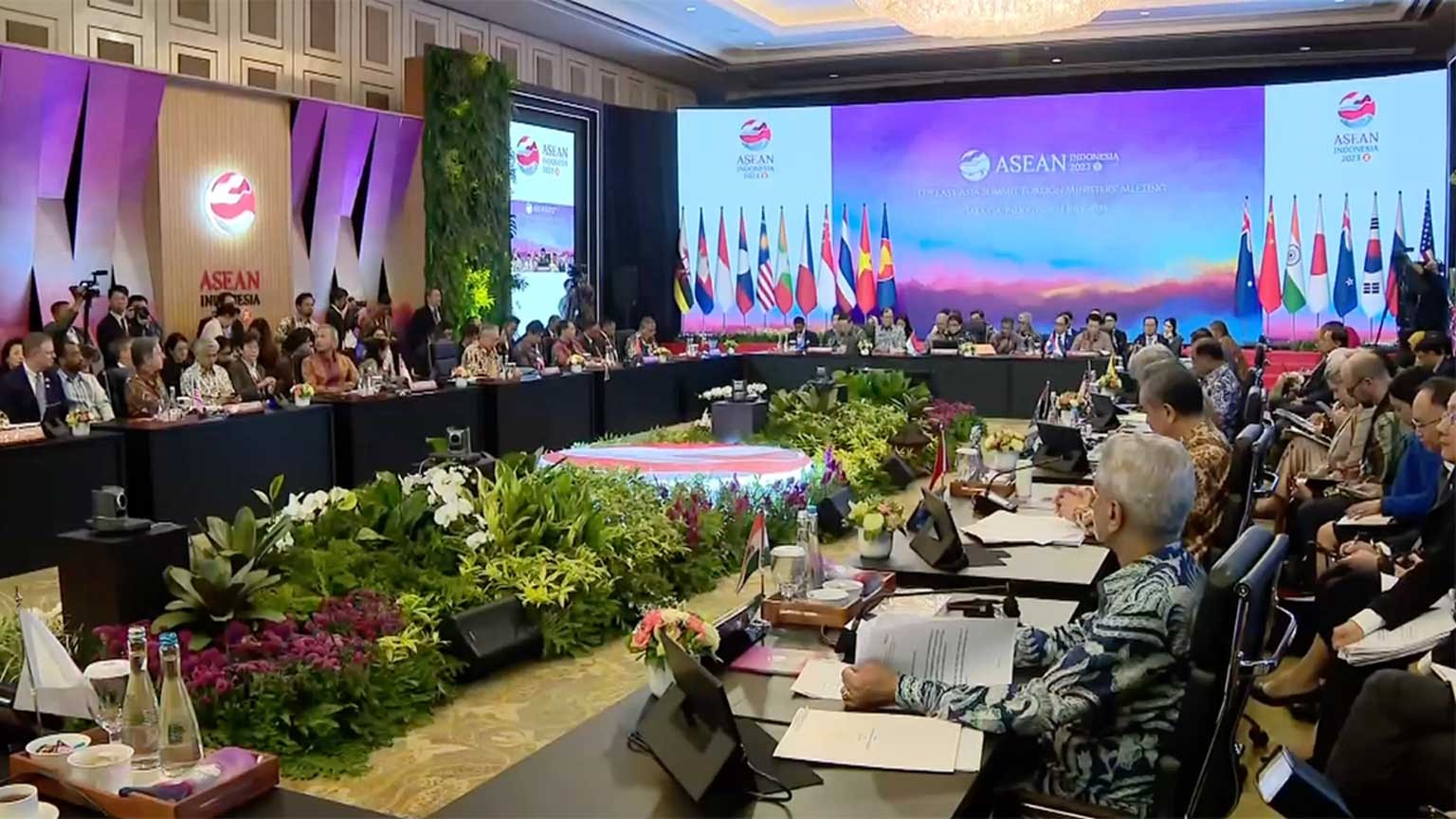Host Indonesia calls for stability and peace
At the beginning of the meeting, the host country's foreign minister, Retno Marsudi, says some have described the tensions in the region as a "Cold War in hot places" and stressed that there is no time for "vague action."
Retno said the Indo-Pacific should not be "another battleground."
Attention is now on how Southeast Asian nations will address the rising tensions between the world's major powers.
Japan's Foreign Minister Hayashi Yoshimasa, US Secretary of State Antony Blinken, Russian Foreign Minister Sergey Lavrov and China's top diplomat Wang Yi joined ASEAN's foreign affairs chief for face-to-face discussions on the regional situation.
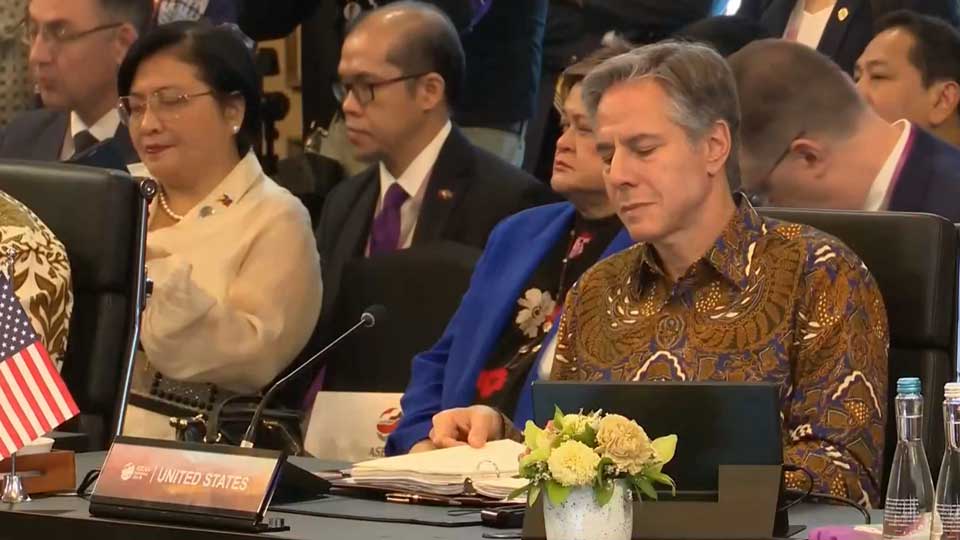
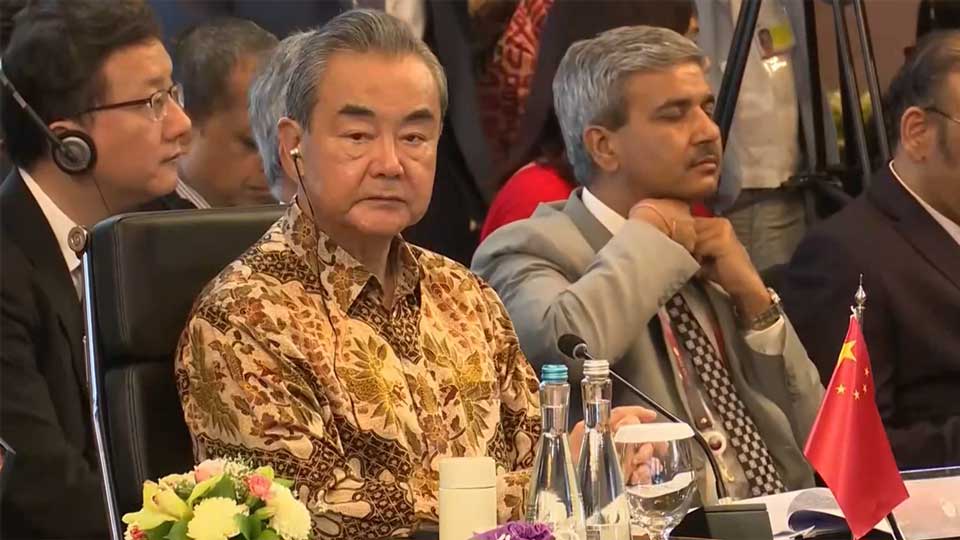
The participants are expected to engage in heated debate on China's maritime activities in the East and South China Seas and its growing military pressure on Taiwan, and Russia's invasion of Ukraine.
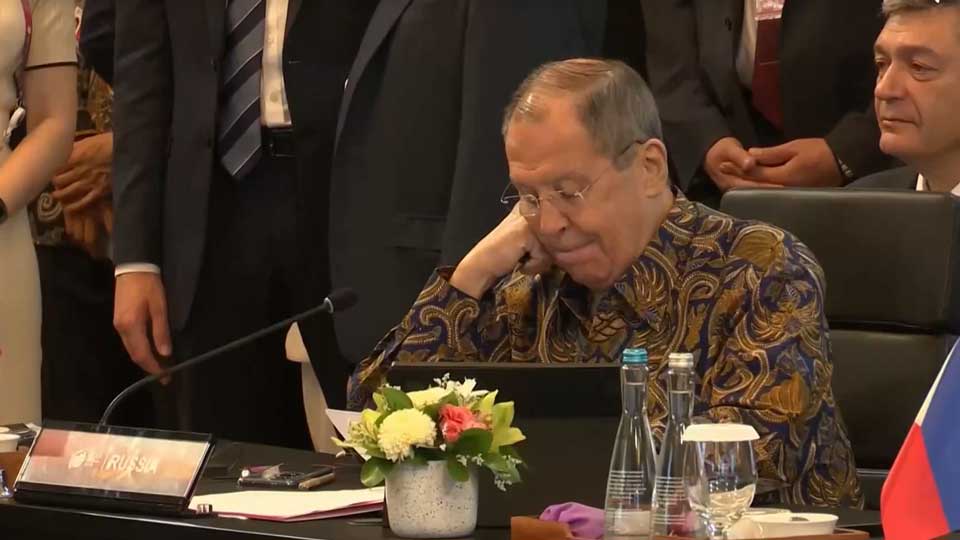
Asia-Pacific security
The ASEAN Regional Forum will also be held later Friday to discuss Asia-Pacific security issues. Representatives from 27 countries and regions, including Japan, the US, China, Russia and North Korea, are expected to attend.
The topics of discussion will likely include North Korea's test launch Wednesday of what it said was an ICBM.
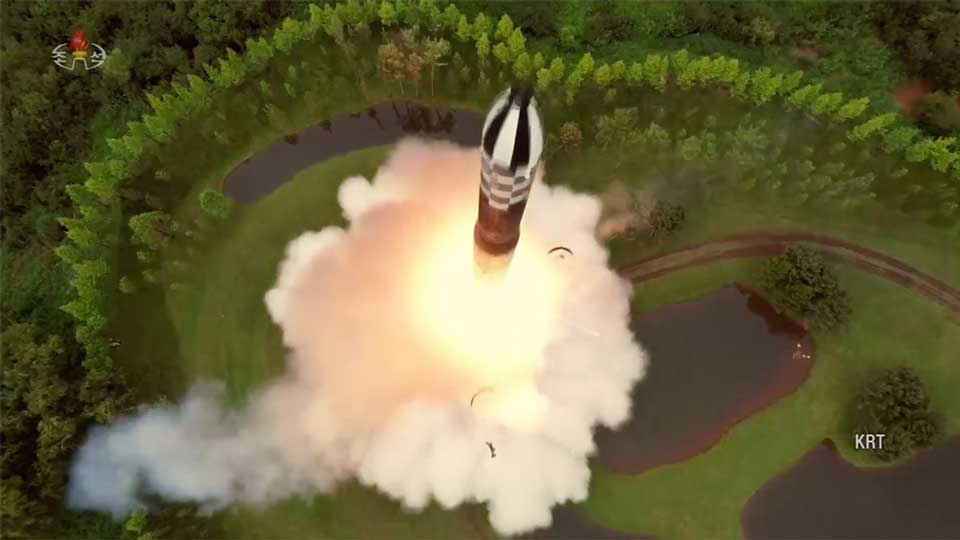
China says no to treated water from Fukushima
Wang may comment on Japan's plan to release treated and diluted water from the crippled Fukushima Daiichi nuclear power plant into the ocean.
During a meeting on Thursday, the Chinese diplomat reportedly asked the ASEAN members to oppose the plan. He said the release of the water will have a bearing on the safety of the marine environment and human health.
In response, Hayashi argued the claim is not based on scientific evidence. He said the plan will be implemented in accordance with international standards and international practices based on the contents of a report by the International Atomic Energy Agency.
The Japanese government plans to dilute the water to reduce tritium levels to about one-seventh of the World Health Organization's guidelines for drinking water quality.
